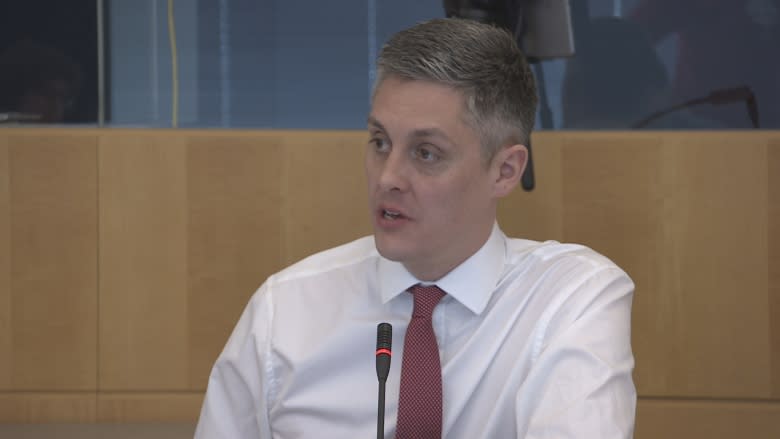N.W.T. gov't steps in to cover expenses for double lung transplant

It took 10 years for Hay River's Dawn Loutit to get her name on the waiting list for a double lung transplant. Two weeks ago, she got the call she'd been waiting for: she was eligible for the operation.
But there was a problem.
Her procedure requires Loutit to be available for surgery on short notice. Staying in Hay River would be impossible. Loutit would have to move to Edmonton for two to three years, and pay for rent, travel, and medical costs.
If she couldn't move to Edmonton, she would lose her place on the wait list.
"I've been waiting for 10 years, and I finally got the chance to get on the list. But what's holding me back is funding," said Loutit.
Loutit hasn't been able to work in more than ten years because her lungs only operate at 24 per cent capacity.
"I can't do anything with my kids anymore or my grandbabies," said Loutit. "I can only walk a short distance. I can't climb stairs without stopping and taking a while to breathe."
Loutit said she could "stay here and die, or go south and fight."
Gap in policy
She called her MLA, Rocky Simpson, to see if he could help her get funding. Simpson contacted Glen Abernethy, minister of health, to see what could be done to help Loutit. Simpson said Abernethy responded after two weeks, when Simpson told him he would be speaking to the media about Loutit's situation.
"The minister says there's a gap in policy because this is such a rare case," Simpson said. He said medical travel doesn't cover indefinite moves away for medical treatment.
Debbie DeLancey, deputy minister for the Department of Health and Social Services said the gap exists because this kind of situation is so rare.
"Fifteen or 20 years ago the need for someone to relocate for treatment was almost unheard of, but with the advances in medicine… this is something that's starting to be more of the landscape," she said.
DeLancey said there is a policy for medical travel, but there is no policy for relocation. So, these situations are dealt with on a case-by-case basis.
Over her six years as deputy minister, DeLancey said she's aware of no more than half a dozen cases like this.
Medical relocation was put on the list of policy updates two years ago. But it's difficult to create a policy for relocation because each situation is unique, DeLancey said.
In Loutit's case, the territorial government will give her one year of extended medical benefits, and $68 a day for rent.
It's not clear exactly how all costs related to Loutit's relocation will be met, including up-front costs like a damage deposit and setting up utilities, but Simpson said he's been assured her needs would be met and she'll be able to get the transplant.
Loutit said her life is a daily struggle with her lungs they way they are.
"I pray and cry every night," she said, before she learned she would be covered to move to Edmonton and be available for the transplant surgery.
"I was relieved," Loutit said after learning the news. "I went to sleep without tears in my eyes."
Loutit's funding will be re-evaluated in one year.


